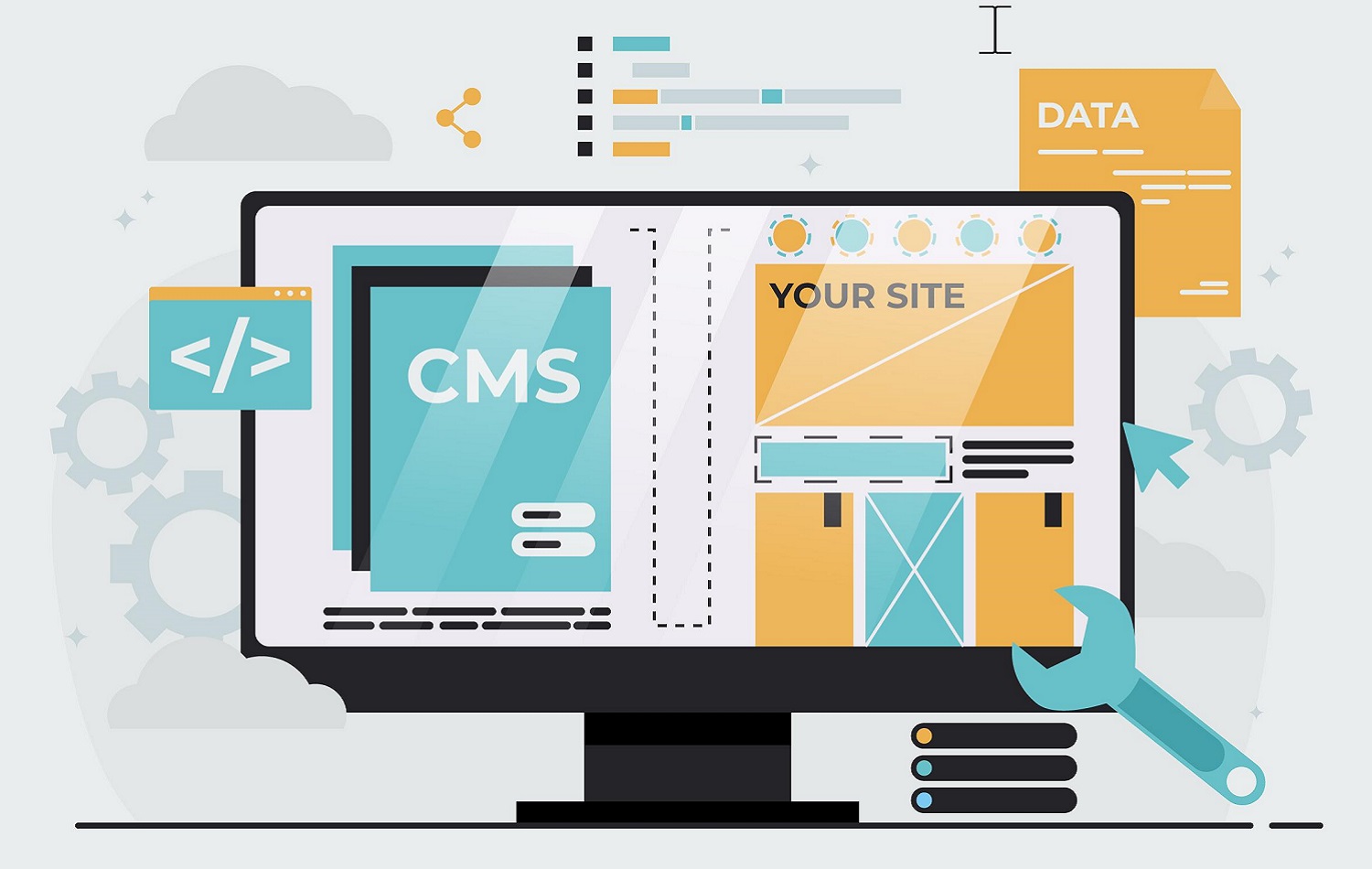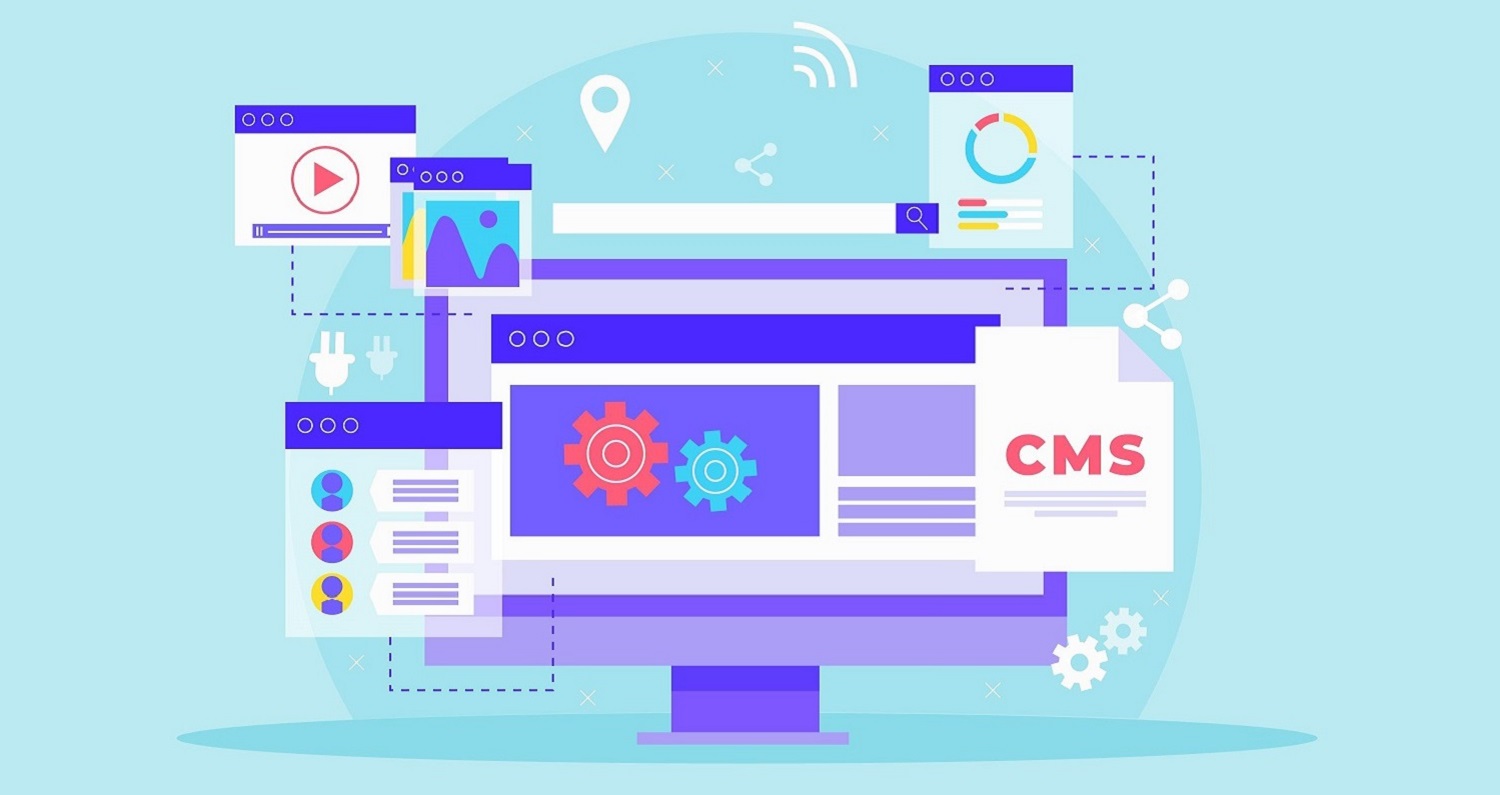In our fast-paced world, we want the websites we visit to load quickly. Google’s general parameters of acceptability for e-commerce websites include a two-second load time and it aims for under half a second for its own pages.
As Google knows that its users want access to accurate search results as quickly as possible, many websites will be moved to its mobile-first index in 2020. This means that Google’s algorithms will primarily rank pages from the mobile version of a website and use these pages for both rich snippets and to understand structured data.
How important is site speed to rankings in 2020?
Site speed will continue to be used as a key ranking factor. Although the search giant has not provided a set of clear thresholds, it consistently reiterates that delivering the best possible user experience (UX) is essential.
A very slow website can be a negative ranking factor and there is evidence to suggest that Google may crawl slow websites more slowly. This can present a range of issues, particularly for site owners who want to make lots of edits to their website or ensure it is frequently updated with fresh content.
How fast should my site load?
Historically, many web designers have focussed on ensuring desktop sites load efficiently; however, as more of us switch to mobile devices, mobile speed is becoming more important. Research from 2016 illustrated that the average load speed over 3G connections for mobile sites was 19 seconds. The same body of research highlighted that slow page load times were frustrating for users, with more than 50 per cent abandoning pages taking longer than three seconds to load.
Is there a connection between page load times and conversion rates?
Fast websites deliver positive user experiences, with satisfying experiences leading to increased conversions. By keeping your bounce rate low, your website will have more opportunities to engage your audience and help you to form the connections that will enable your business to thrive. At a time when every second counts, ensuring your website loads as quickly as possible will ultimately benefit your bottom line.
What might be causing slow page load times?
Around 80 per cent of the time your webpages take to load will be spent rendering the various coded elements that each page contains. Everything from imagery to plugins, contact forms and style sheets will contribute – the more elements your page contains that have not been appropriately optimised, the greater the impact on your page load times. The good news is that there are myriad steps you can take to optimise your site, such as partnering with an experienced team specialising in web design in West London.
Increasing the speed of your website will deliver a variety of long-term benefit; therefore, this is one of the best investments you can make for your business this year.















